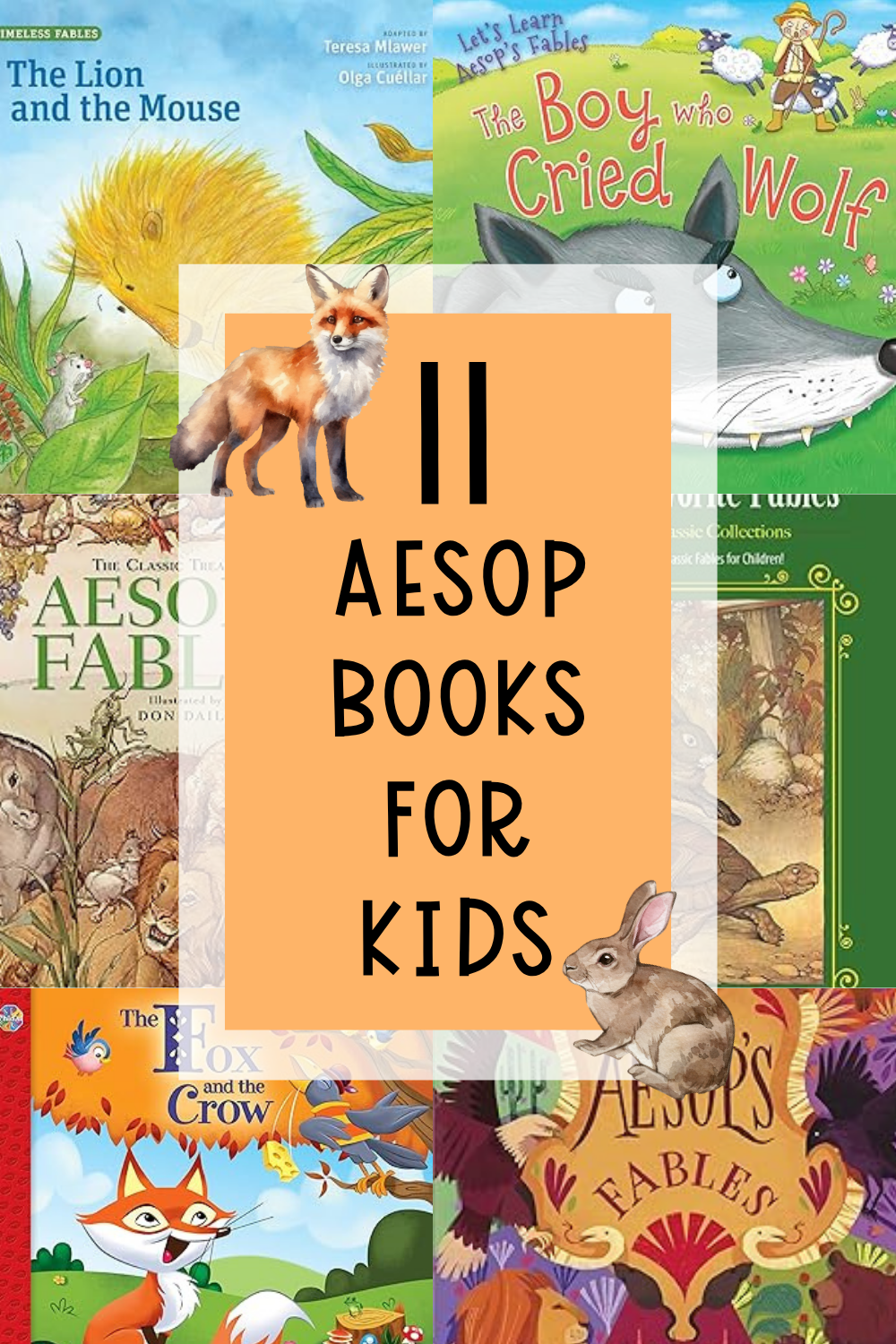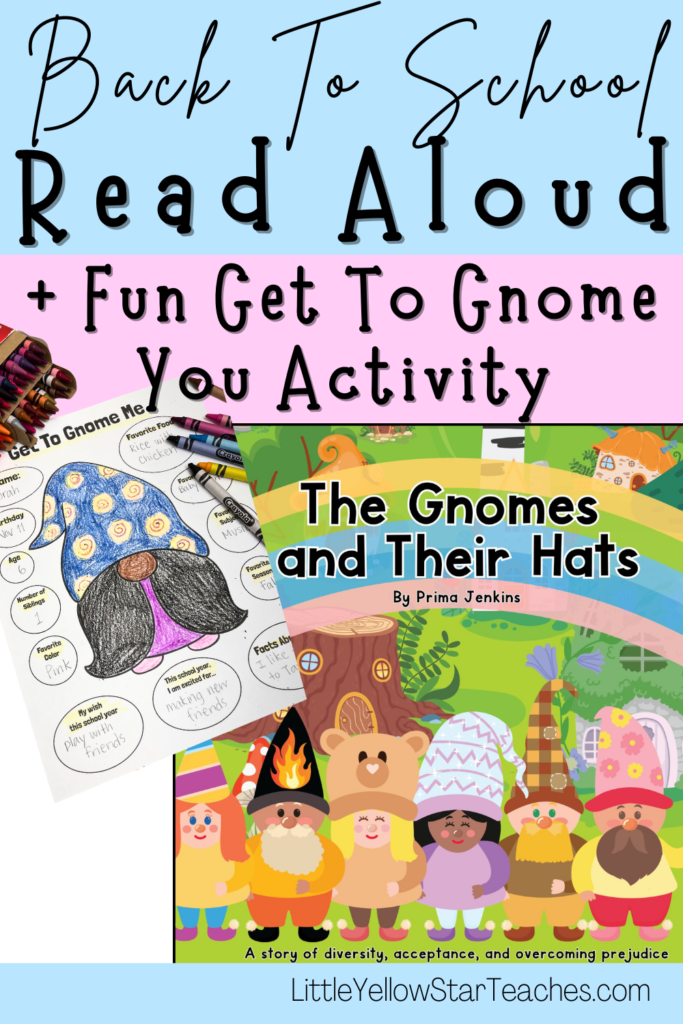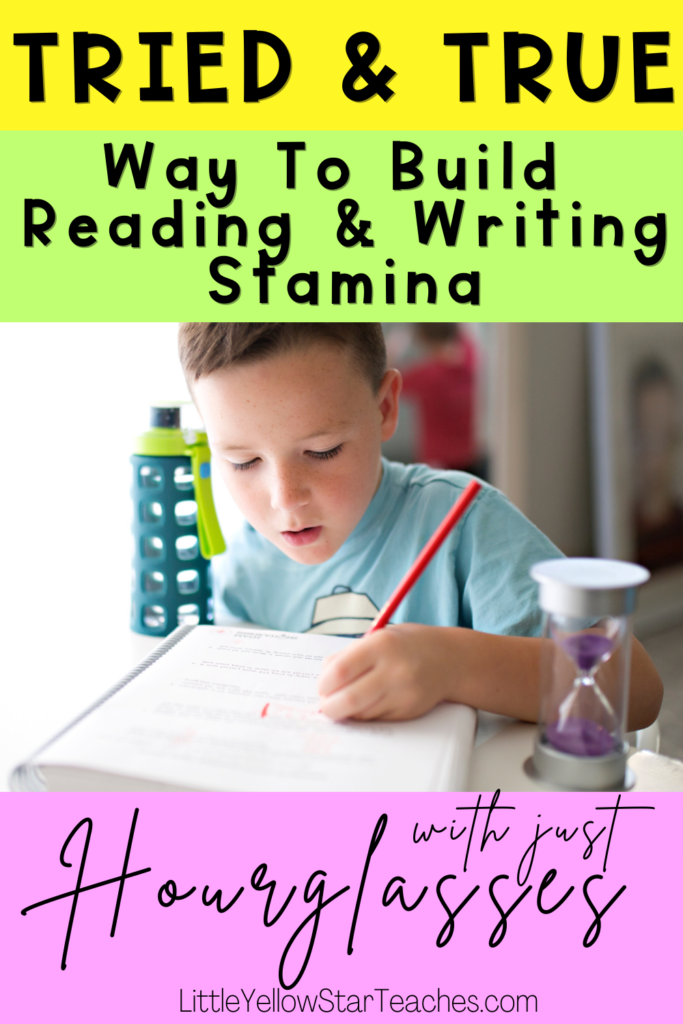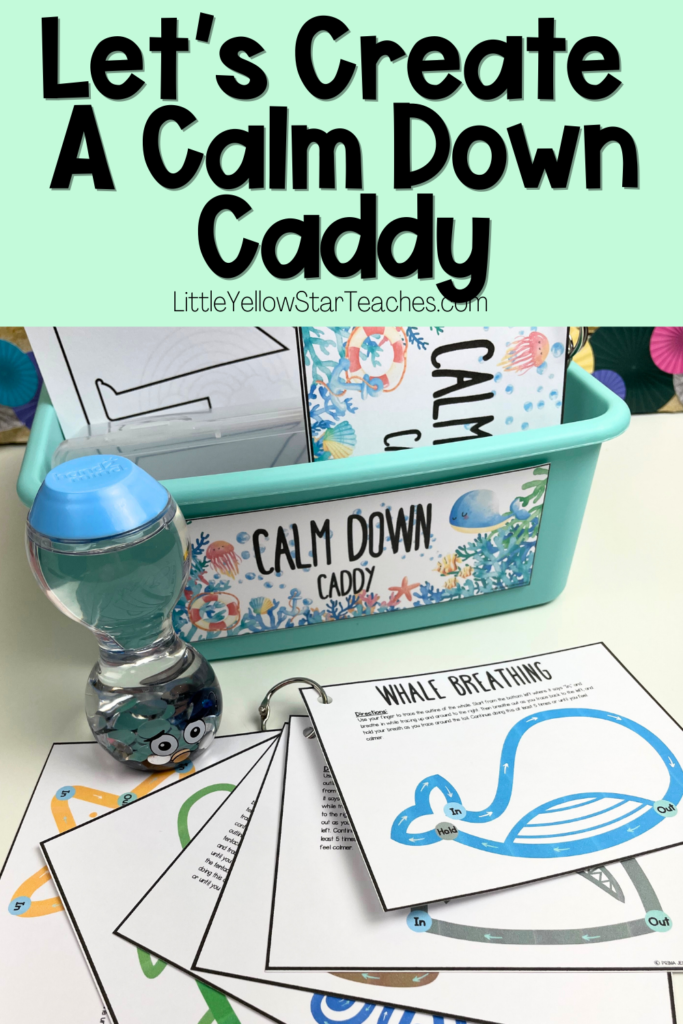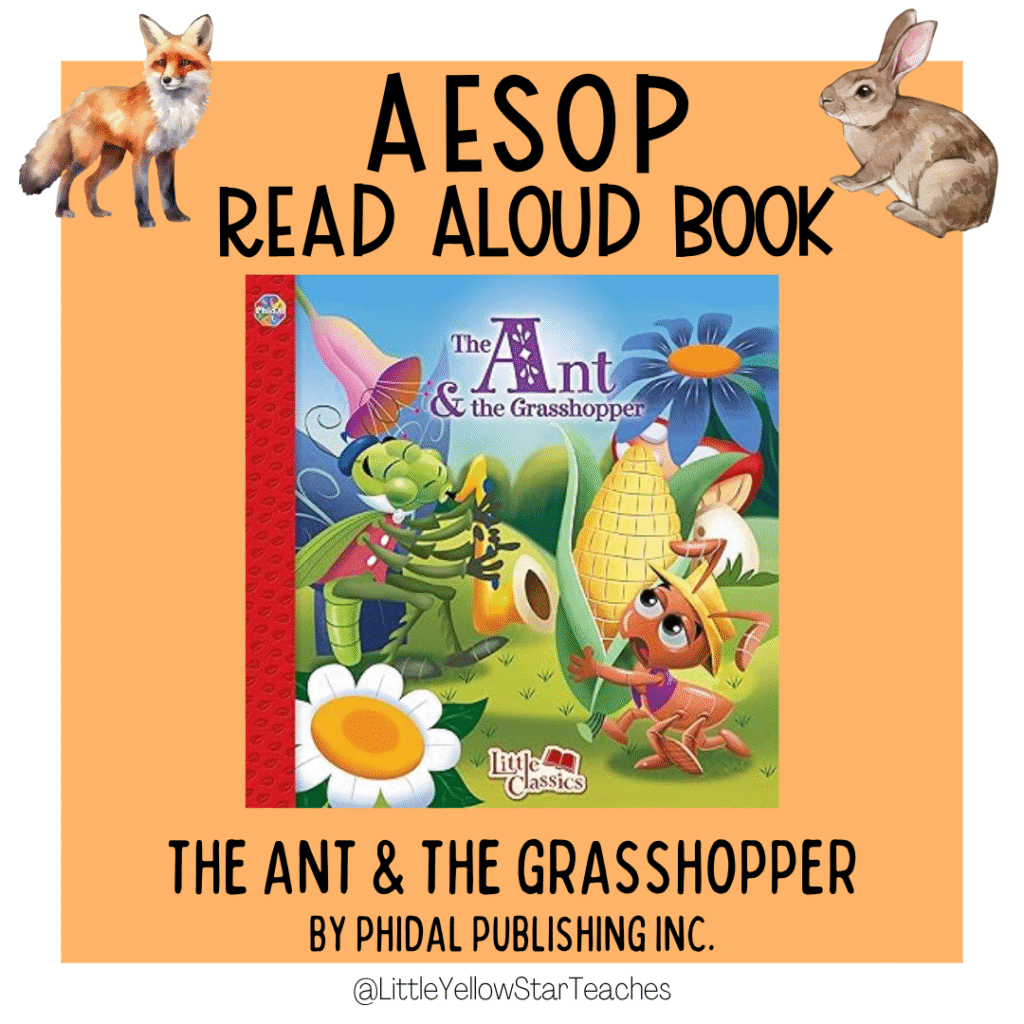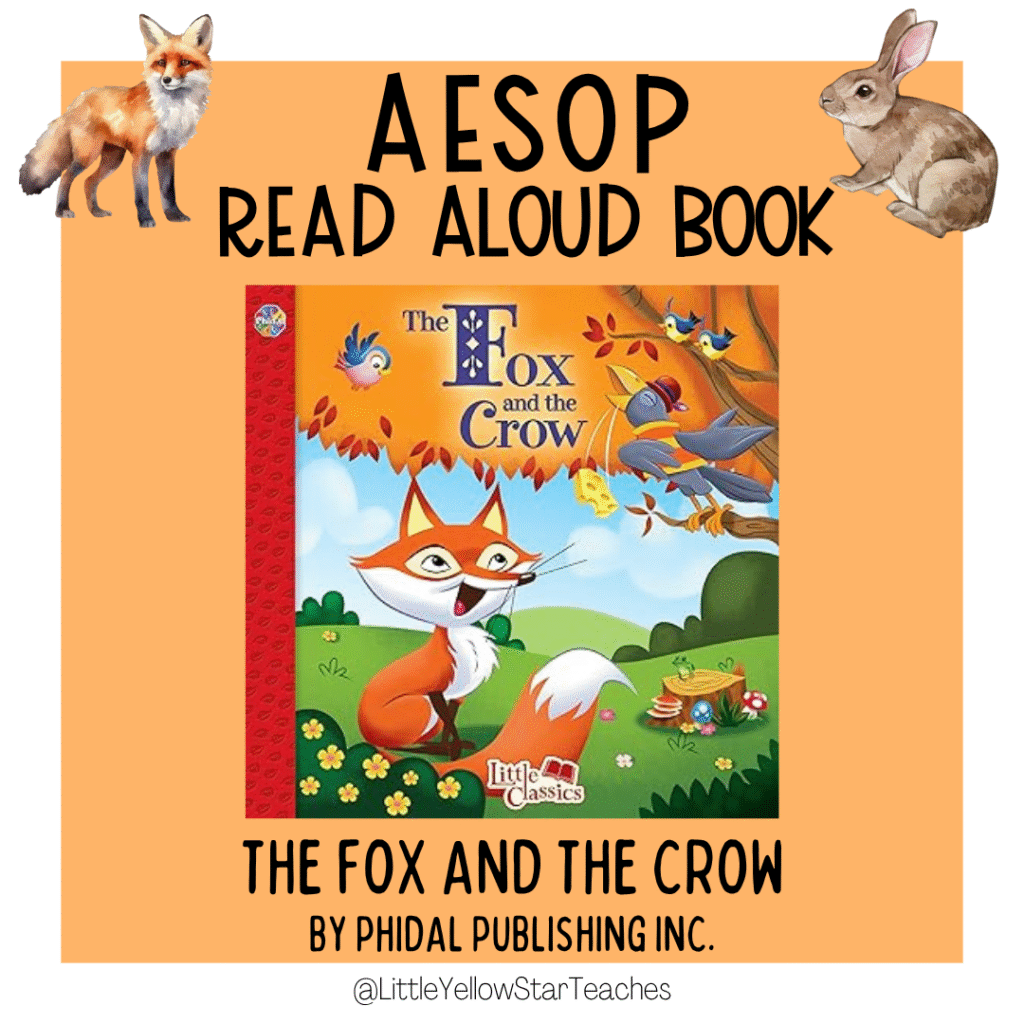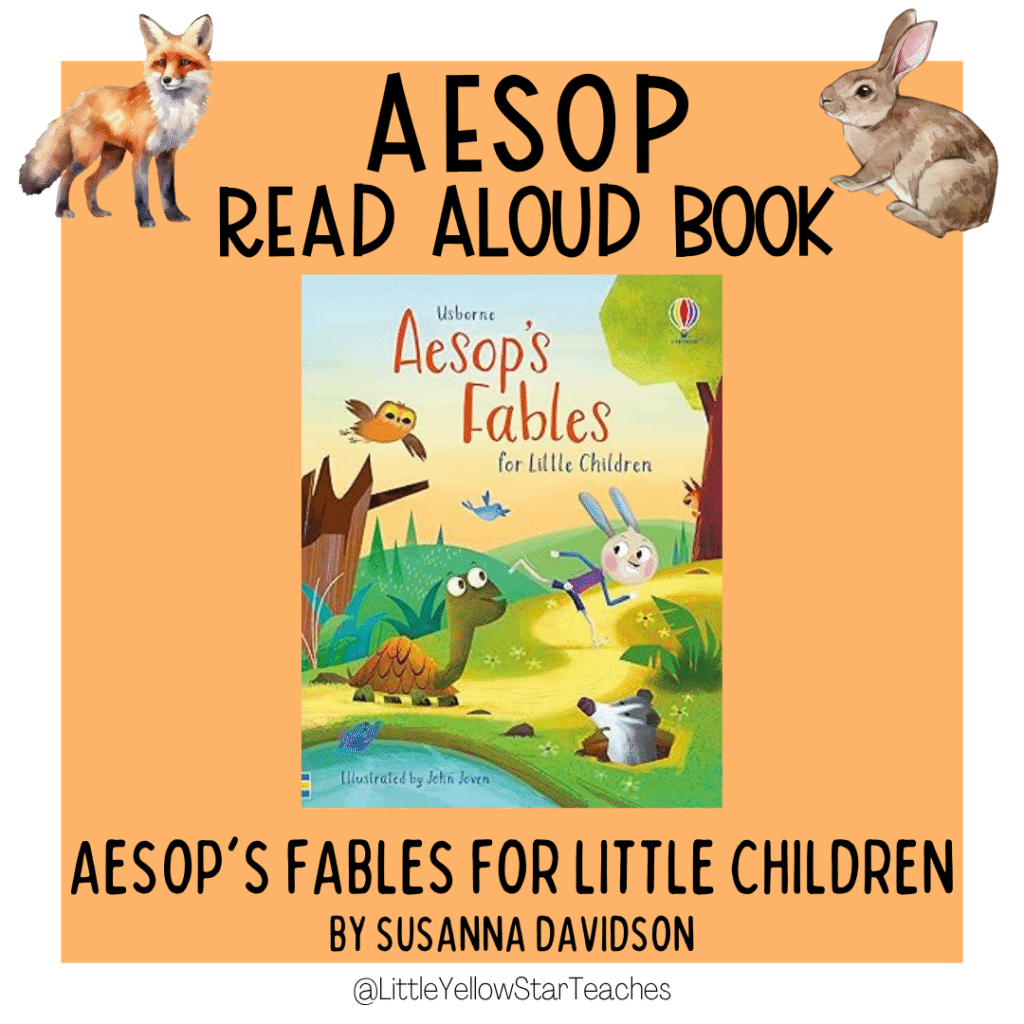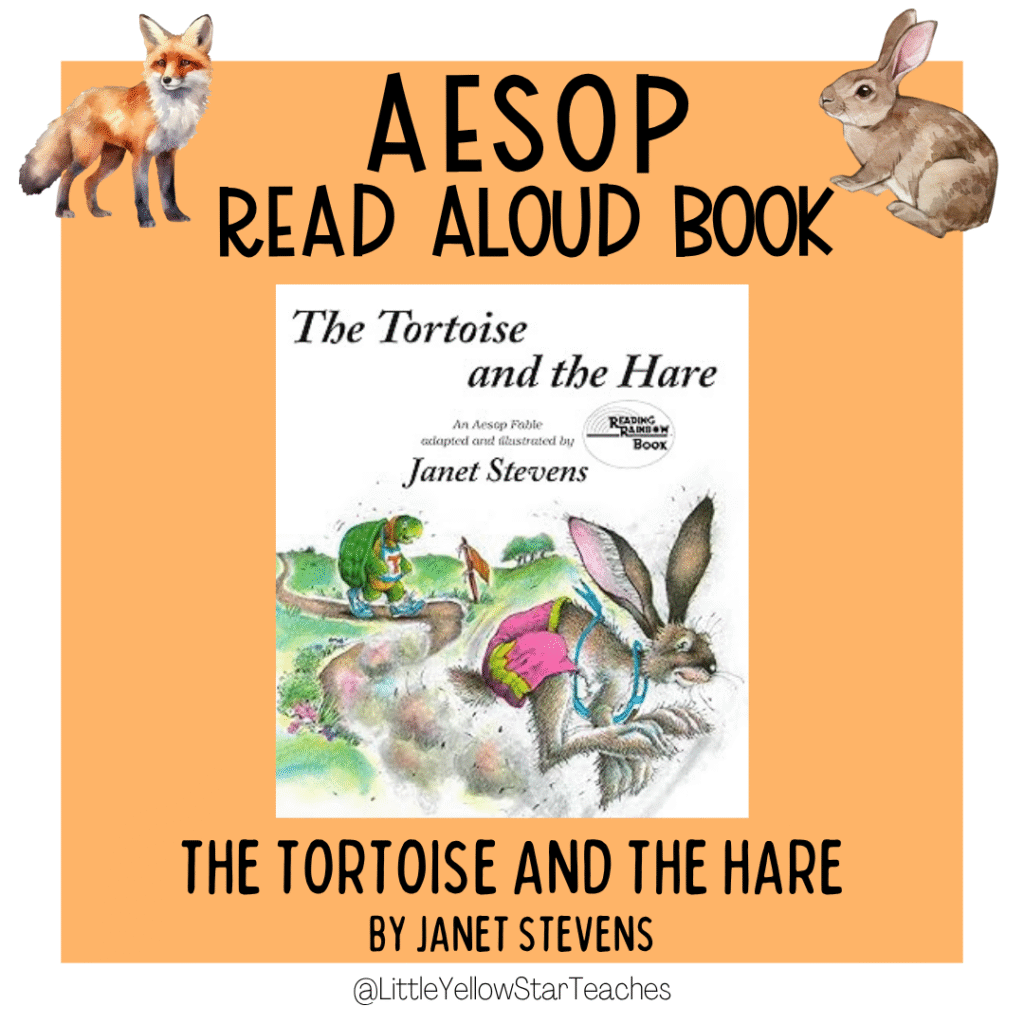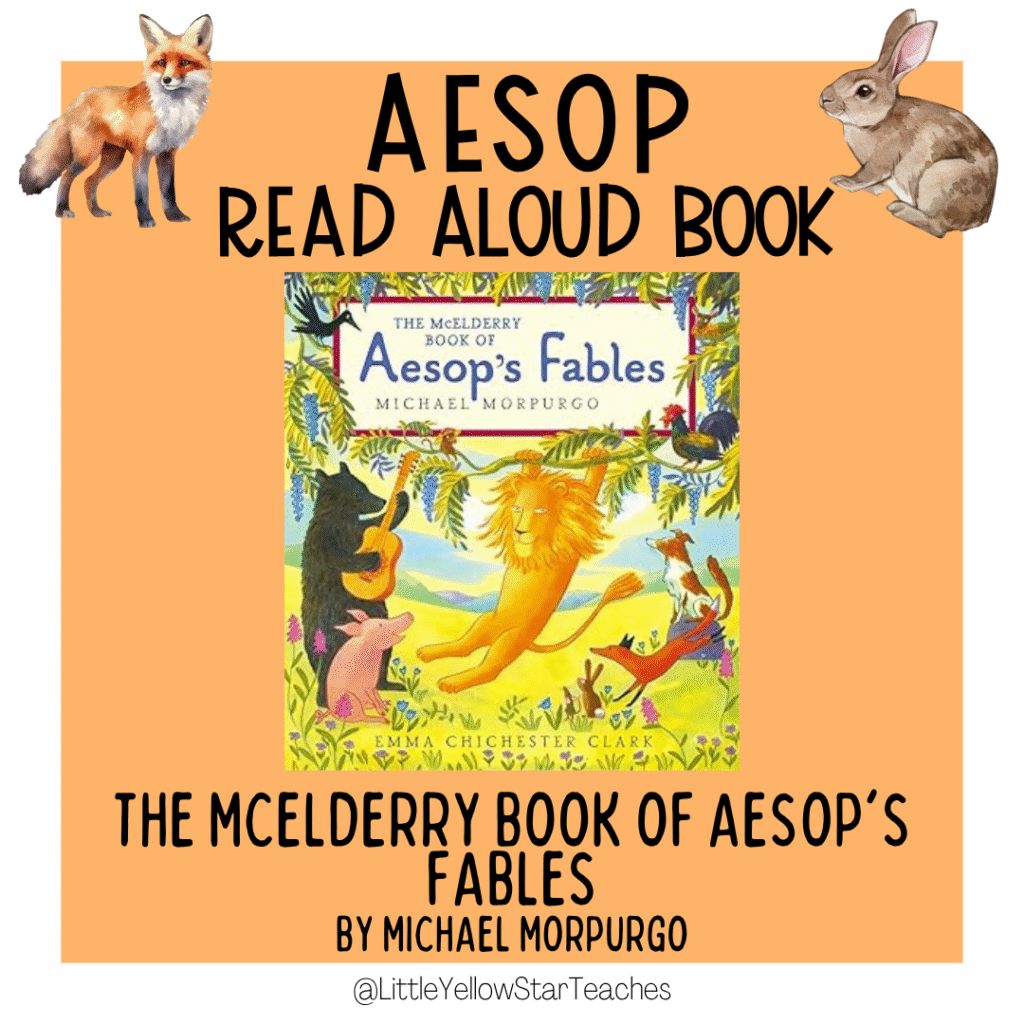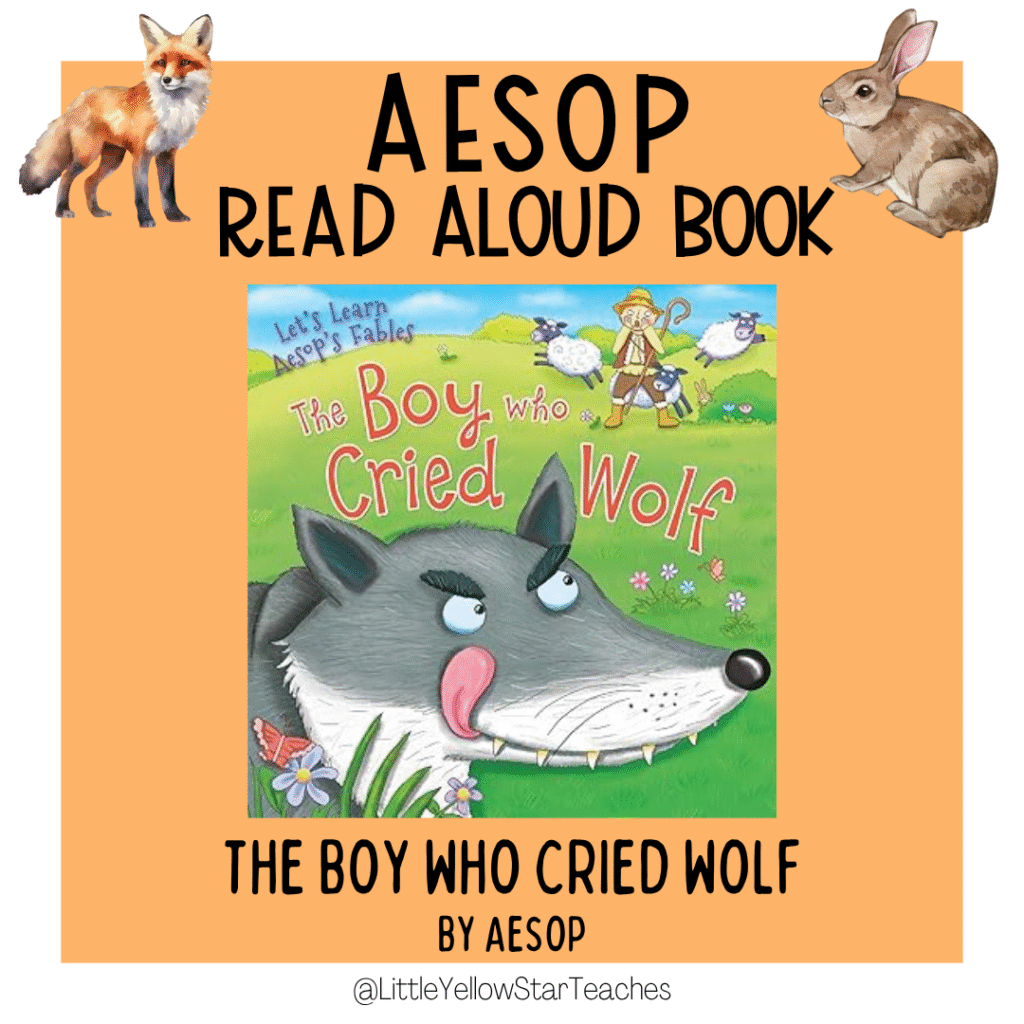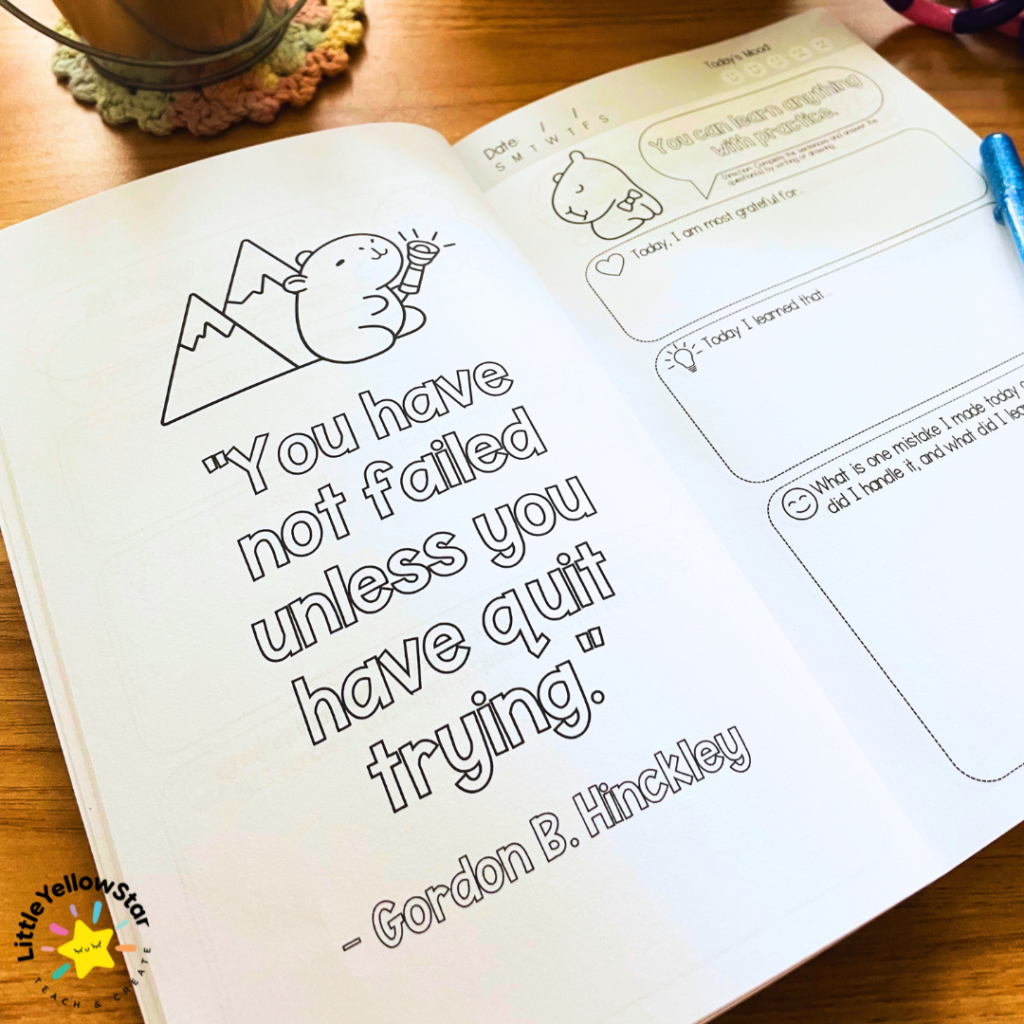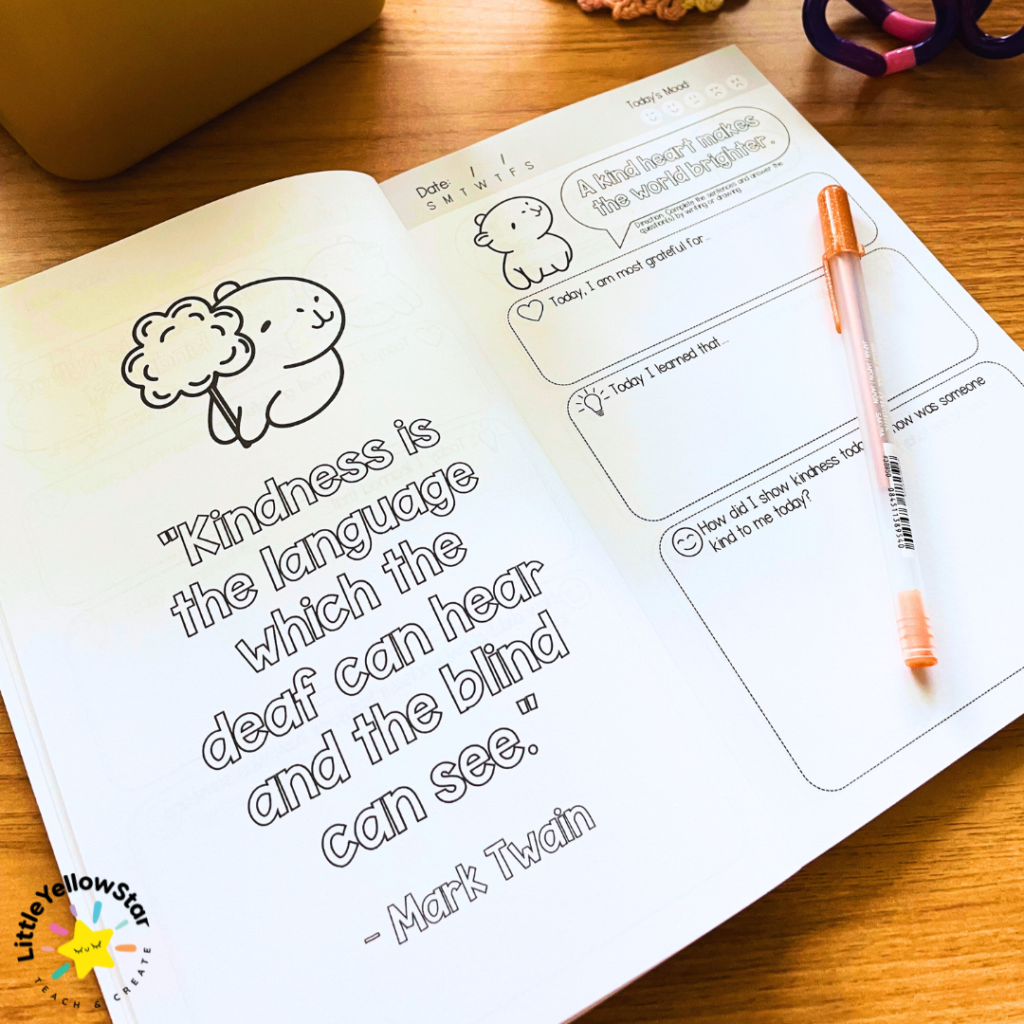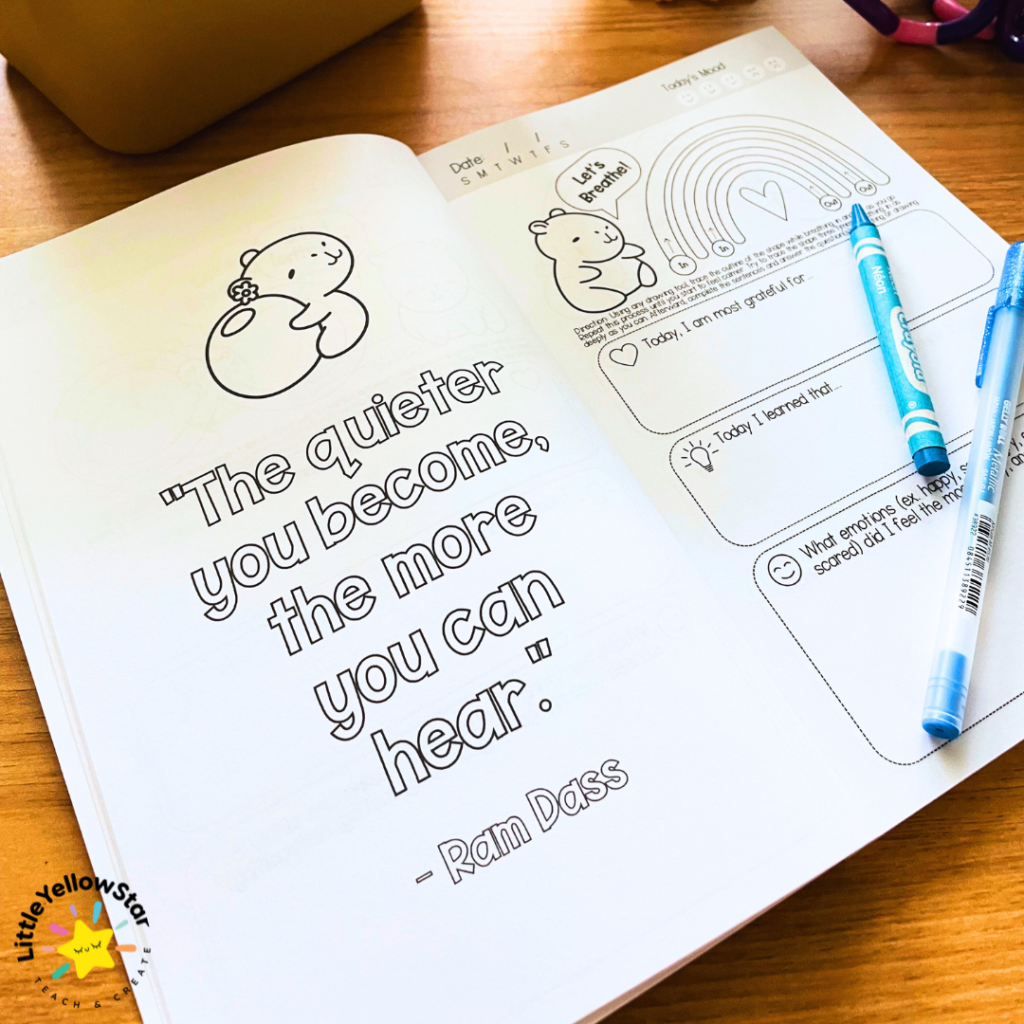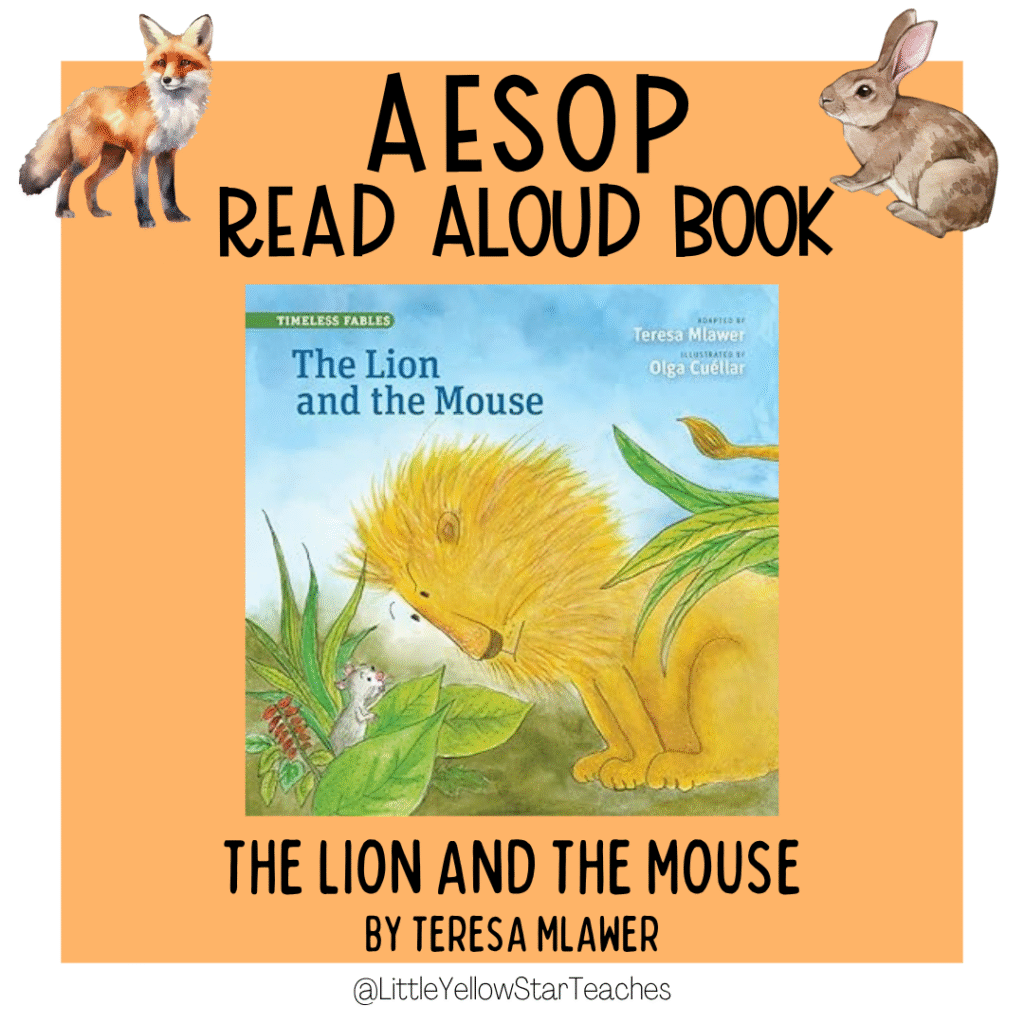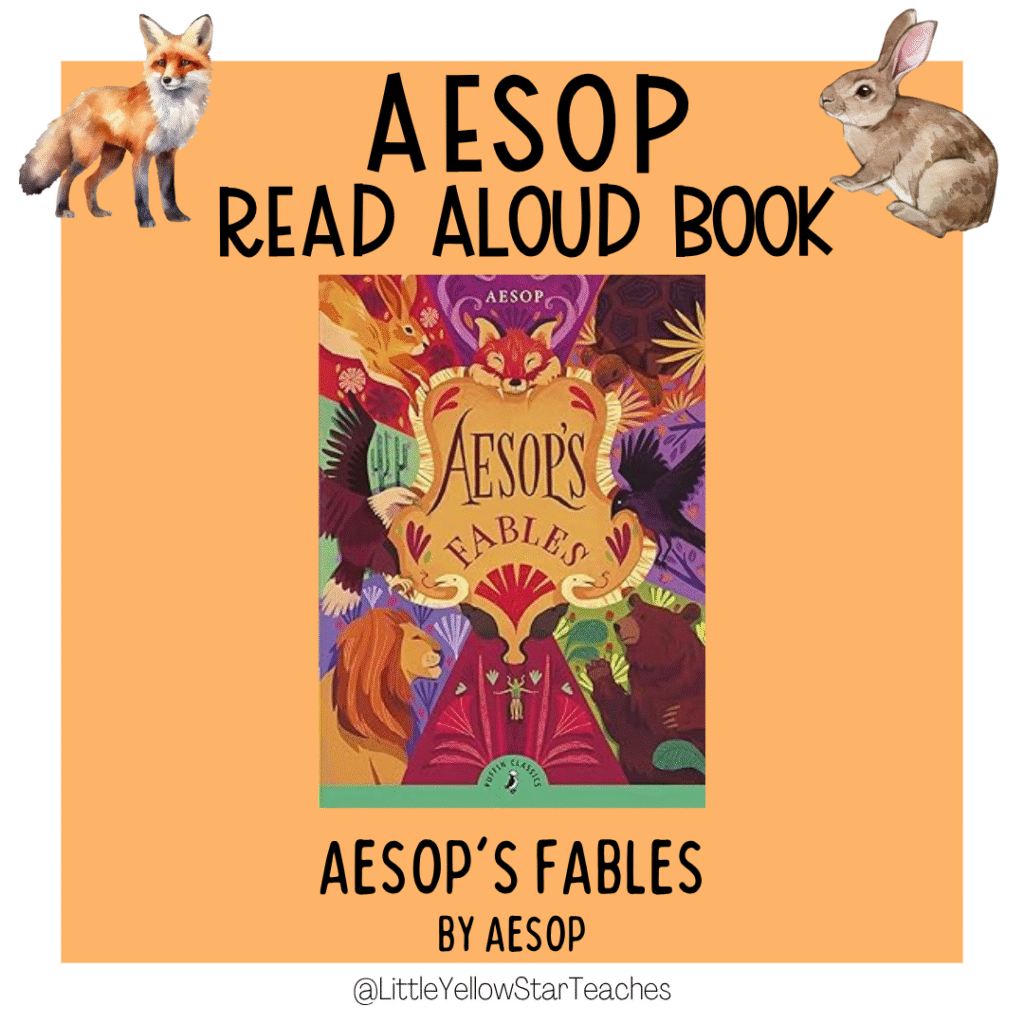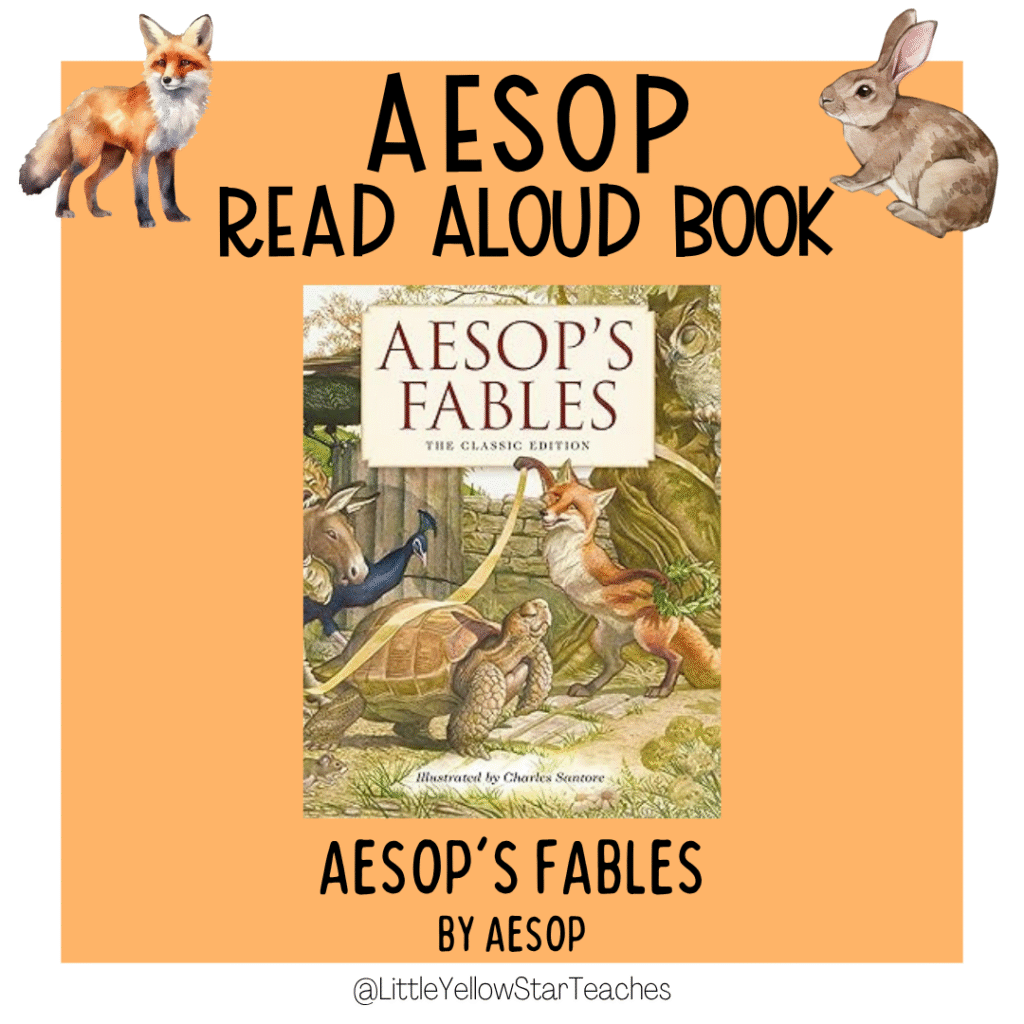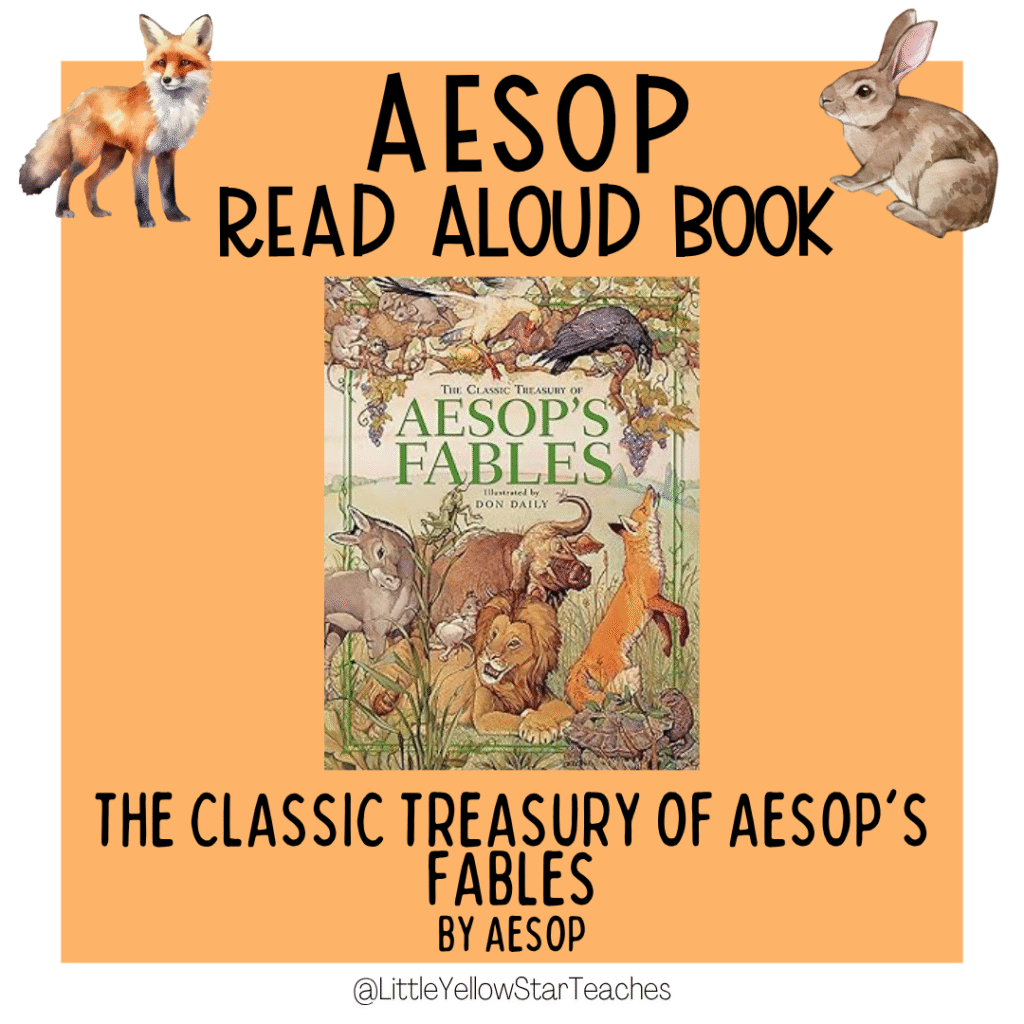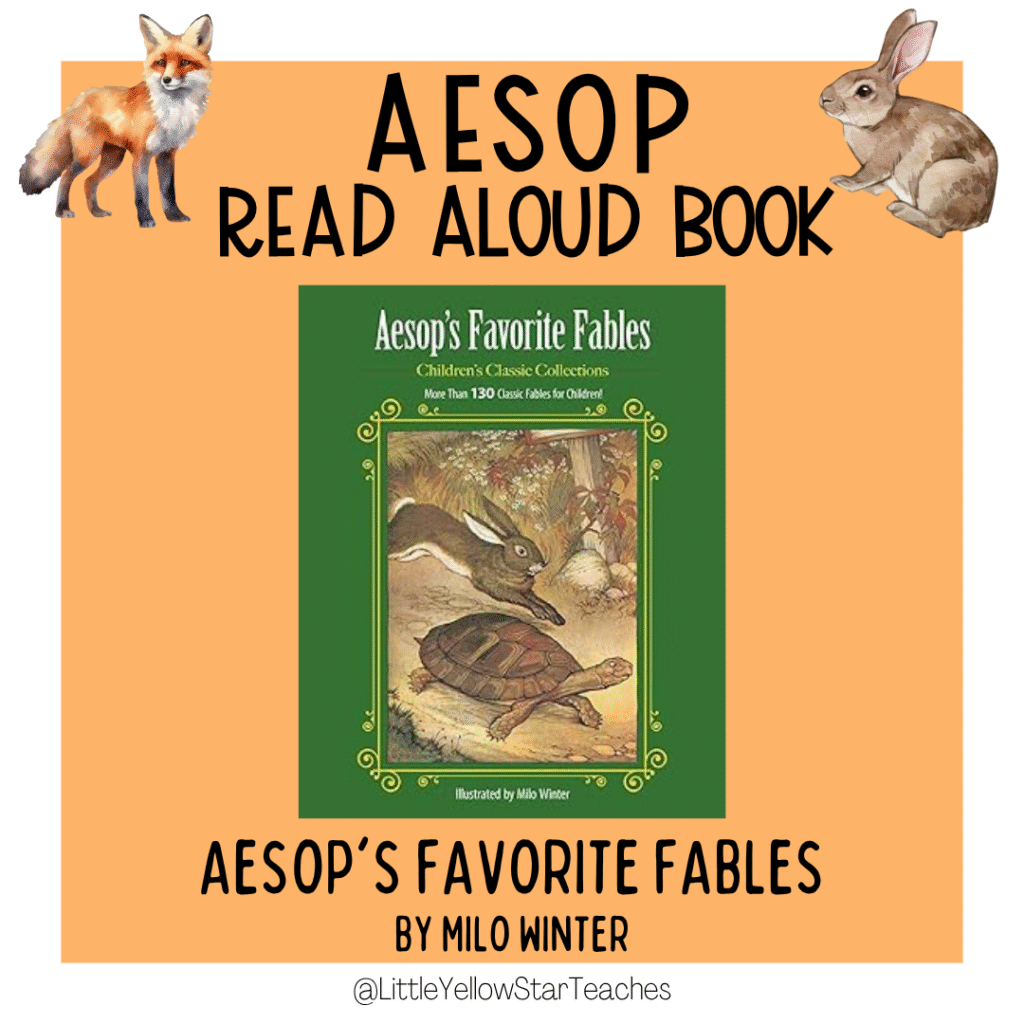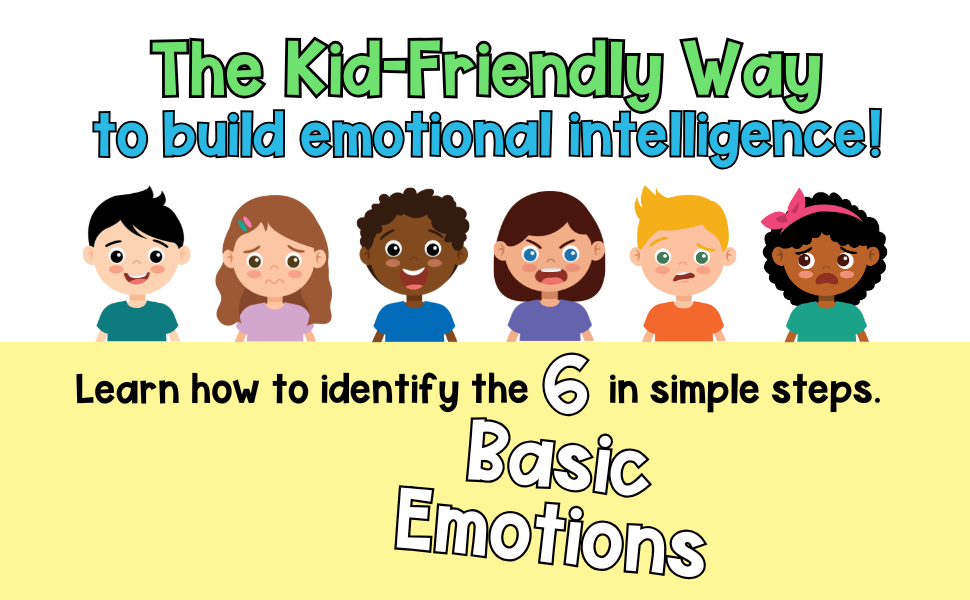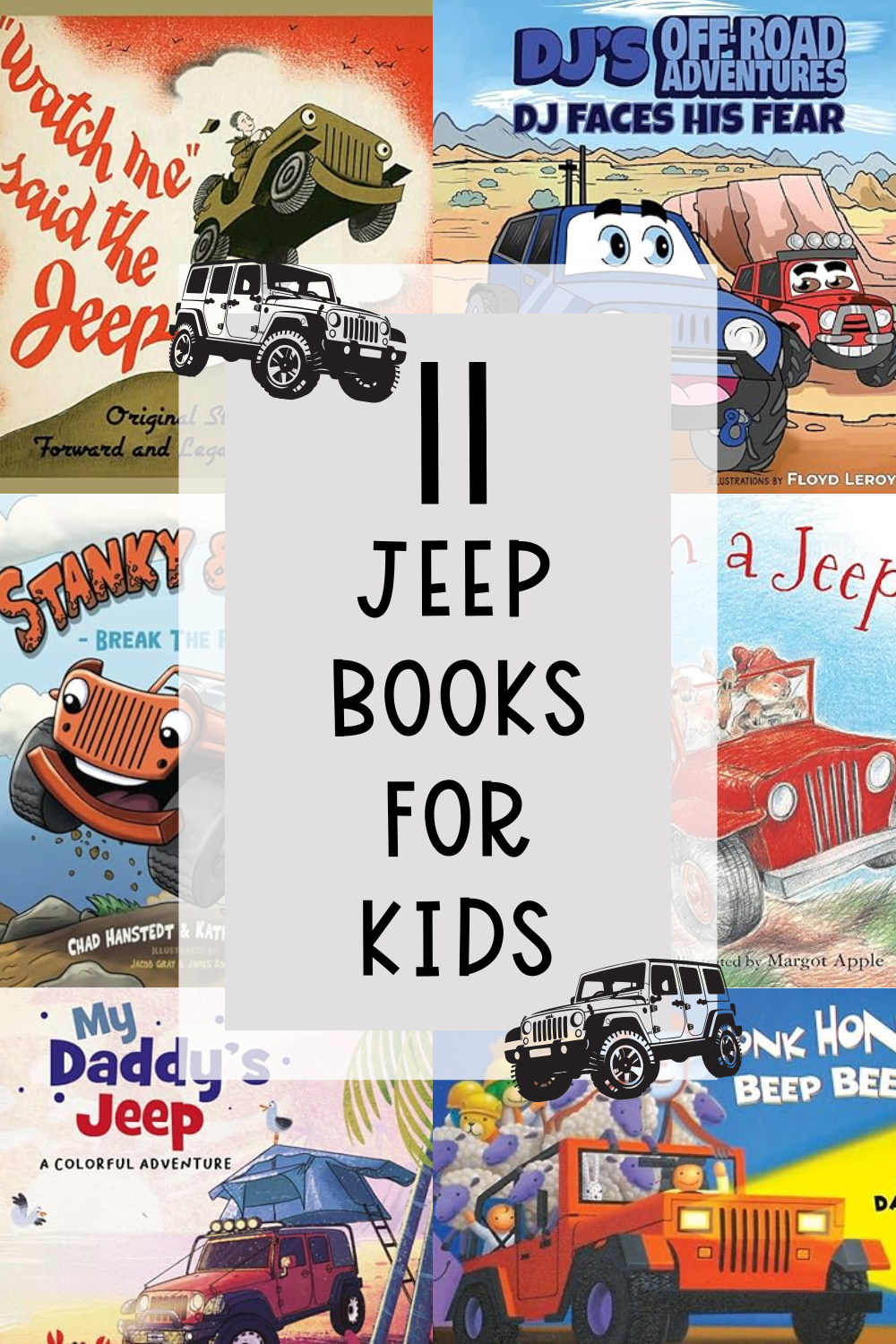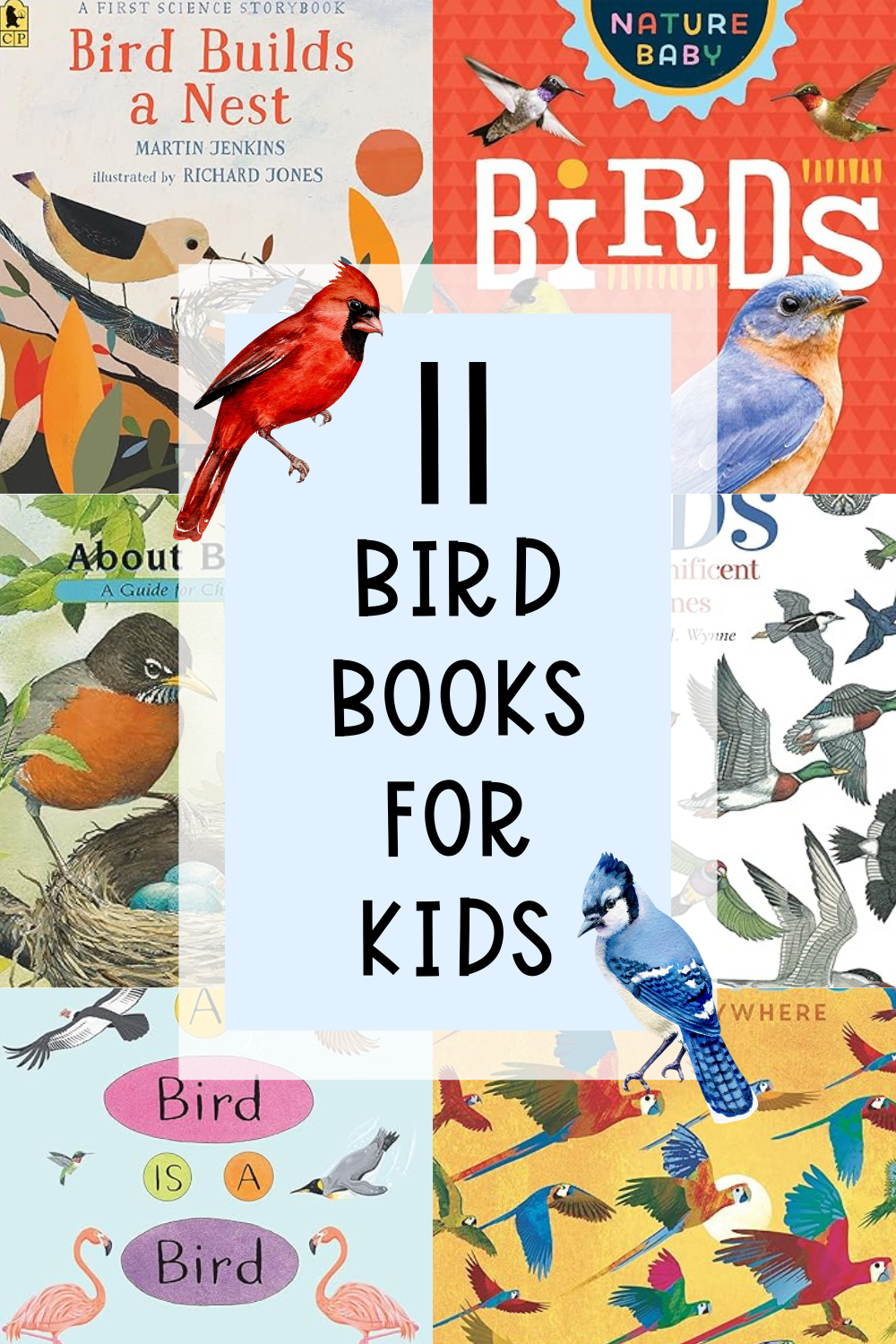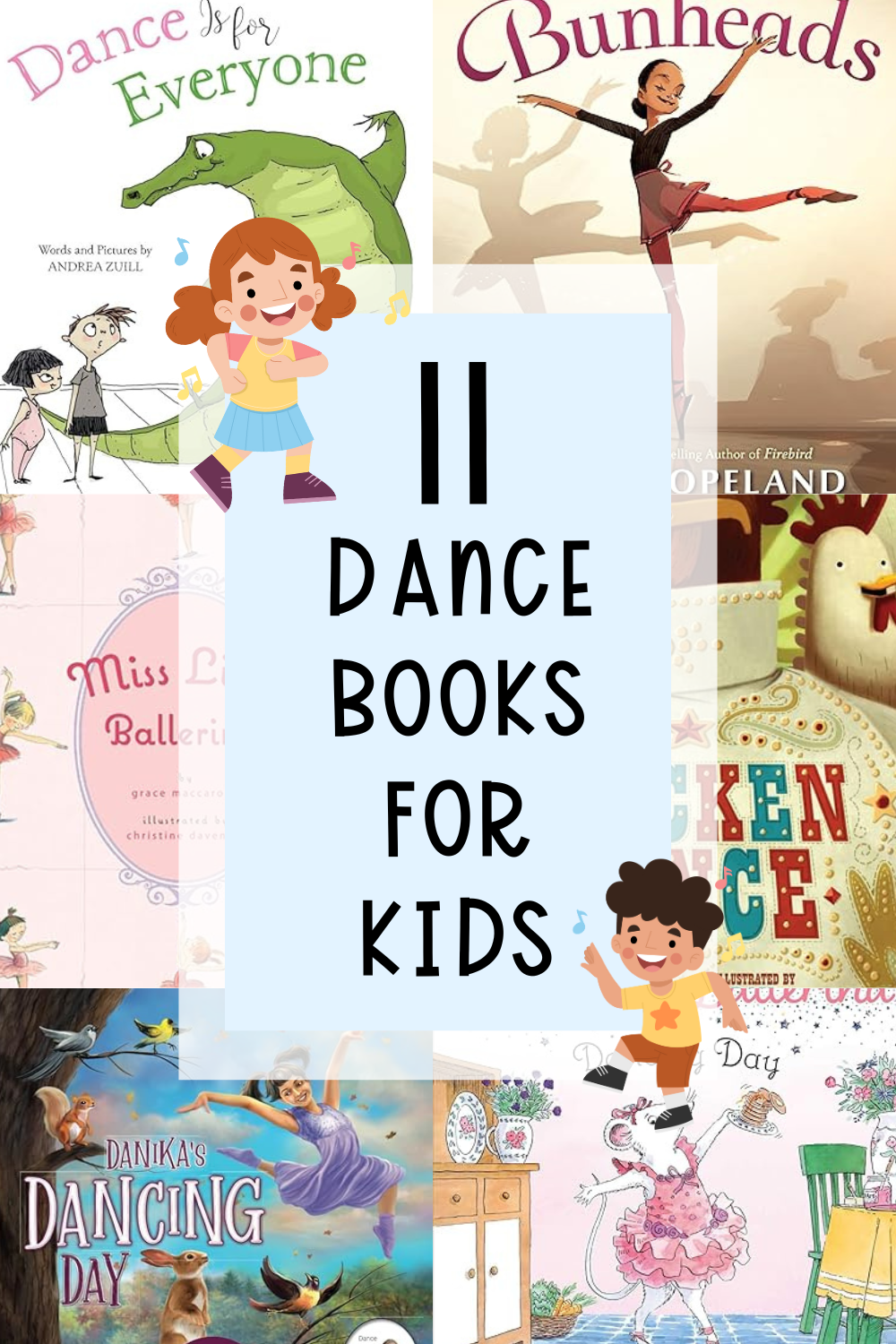Timeless Fables That Teach Wisdom, Morals, and Everyday Life Lessons
For generations, Aesop’s fables have been teaching children how to be honest, kind, clever, and wise. These short, simple tales—often featuring talking animals—pack big lessons into small stories. Aesop books are perfect for sparking meaningful conversations and helping children reflect on the choices they make.
In this post, I’m sharing my favorite Aesop books for kids, organized by age group. I’ve also included thoughtful questions and classic activity ideas to help young readers connect with the morals of each tale. Let me know which fable your child or students remember most!
***Disclosure: This post contains an Amazon affiliate link that at no additional cost to you, I may earn a small commission when you purchase through the link from my blog. Thank you for your support!
Table of Content
- Why Read Books About Aesop?
- The Role of Books in Teaching Kids about Aesop
- 11 Aesop Books For Children
- What Aesop Book(s) Are You Going To Read Later?
Why Read Books About Aesop?
Aesop’s fables are powerful teaching tools.
Each story ends with a clear moral that’s easy for kids to understand—whether it’s about being honest like in The Boy Who Cried Wolf or patient like in The Tortoise and the Hare. These stories stick with kids and offer memorable ways to explore character, consequences, and critical thinking.
Reading Aesop’s fables encourages children to think before they act, consider others’ perspectives, and grow into thoughtful decision-makers.
The Role of Books in Teaching Kids about Aesop
Aesop’s fables provide a gentle introduction to ethics, empathy, and life skills.
The animal characters allow kids to explore right and wrong in a safe, story-driven setting. These tales often show characters learning from their mistakes—teaching kids that growth comes from reflection and resilience.
Because they’re short and impactful, fables also support comprehension, moral reasoning, and open-ended discussion.
How to Use Books about Aesop with Children
Here’s how to make these classic stories come alive for young learners:
- 🦊 Ask Open-Ended Questions: After reading, ask: What lesson did the character learn? or Have you ever been in a similar situation? What did you do? In a classroom, use Turn and Talk to explore different interpretations.
- 🎨 Engage in Aesop-Themed Activities: Have kids act out the fables, create puppet shows, draw comic strips, or illustrate their own version of a classic story. They can also write a modern-day fable with a moral that applies to today’s world.
- 📚 Refer Back to the Fables: During SEL lessons or conflict resolution, reference the fables. Say: Remember what happened when the crow bragged too much in the story? What might be a better choice here?
- 👨👩👧 Involve Other Caregivers: Send fables home for read-alouds and reflection. Encourage families to share their own favorite fables or use the morals as dinner table discussion starters.
11 Aesop Books For Children
Younger Children (Ages 3-6)
#1 The Ant & the Grasshopper by Phidal Publishing Inc.
🔗 View on Amazon
This colorful retelling introduces young readers to the classic tale of hard work versus play through vivid illustrations.
Thematic Insight: Highlights the importance of planning ahead and being responsible.
Activity Suggestion: Work & Play Sorting – Make a list of things that are “work” and “play” to compare.
Discussion Questions:
- Why did the ant work so hard?
- What happened to the grasshopper when winter came?
- What can we learn from both characters?
#2 The Fox and the Crow by Phidal Publishing Inc.
🔗 View on Amazon
In this clever fable, the fox flatters the crow to get what he wants—teaching a timeless lesson.
Thematic Insight: Warns against falling for flattery and teaches the value of wisdom.
Activity Suggestion: Act It Out – Pretend to be the fox and crow and change the ending.
Discussion Questions:
- What trick did the fox play on the crow?
- Why did the crow lose her cheese?
- How can you tell when someone isn’t being sincere?
#3 Aesop’s Fables for Little Children by Susanna Davidson
🔗 View on Amazon
A gentle introduction to several famous fables, told in a child-friendly tone with charming illustrations.
Thematic Insight: Encourages reflection on morals such as honesty, patience, and kindness.
Activity Suggestion: Fable Match-Up – Match characters to the moral they learned.
Discussion Questions:
- Which fable was your favorite and why?
- What lesson stood out to you most?
- How can we use these lessons in our life?
Lower Elementary Children (Ages 7-9)
#4 The Tortoise and the Hare by Janet Stevens
🔗 View on Amazon
This lively version retells the race between a speedy hare and a slow but steady tortoise.
Thematic Insight: Demonstrates that determination and persistence often win over arrogance.
Activity Suggestion: Race Relay – Play a game where you try going fast and slow like the characters.
Discussion Questions:
- Why did the hare lose the race?
- What helped the tortoise win?
- When have you had to go slow and steady?
#5 The McElderry Book of Aesop’s Fables by Michael Morpurgo
🔗 View on Amazon
An elegant collection of Aesop’s most beloved tales, beautifully retold with rich illustrations.
Thematic Insight: Brings the classic stories to life with poetic language and visual depth.
Activity Suggestion: Story Reflection Journal – Write or draw your thoughts after each fable.
Discussion Questions:
- How are the animals used to teach life lessons?
- Which story stayed with you the most?
- Why are fables still important today?
#6 The Boy Who Cried Wolf by Aesop
🔗 View on Amazon
This timeless tale about honesty shows the consequences of telling lies.
Thematic Insight: Emphasizes the importance of truthfulness and earning trust.
Activity Suggestion: Truth or Trick Game – Tell two truths and a made-up story and guess which is which.
Discussion Questions:
- Why didn’t anyone believe the boy at the end?
- What does this fable teach about lying?
- How can we build trust with others?
Check Out Capybara-Theme Daily Reflection Journals For Kids!
#7 The Lion and the Mouse by Teresa Mlawer
🔗 View on Amazon
A lion spares a tiny mouse who later returns the favor, proving even the small can help the mighty.
Thematic Insight: Teaches compassion, gratitude, and the value of every act of kindness.
Activity Suggestion: Helping Hands – Draw a picture of someone helping someone else.
Discussion Questions:
- Why did the lion let the mouse go?
- How did the mouse help later?
- Can small acts make a big difference?
Upper Elementary Children (Ages 9-11)
#8 Aesop’s Fables by Aesop
🔗 View on Amazon
A classic collection preserving Aesop’s original lessons through timeless storytelling.
Thematic Insight: Offers a wide variety of tales with enduring moral wisdom.
Activity Suggestion: Fable Retelling – Choose your favorite and retell it in your own words.
Discussion Questions:
- Which moral stood out the most to you?
- Are the stories still relevant today?
- What would you add to a fable to change the ending?
#9 Aesop’s Fables by Aesop
🔗 View on Amazon
This beautifully bound edition presents dozens of fables in traditional style for young readers.
Thematic Insight: Perfect for deeper family reading and discussing values.
Activity Suggestion: Family Fable Night – Read one story together and talk about its lesson.
Discussion Questions:
- What was the best lesson you read today?
- How do the characters reflect real people?
- Can you think of a modern version of a fable?
#10 The Classic Treasury of Aesop’s Fables by Aesop
🔗 View on Amazon
A treasury edition filled with richly illustrated, easy-to-read versions of Aesop’s finest.
Thematic Insight: Captures the timeless beauty of moral storytelling in a format for all ages.
Activity Suggestion: Moral Poster – Choose a favorite fable and design a poster about its lesson.
Discussion Questions:
- What did you learn about choices?
- Which fable surprised you?
- Do the animals remind you of anyone?
#11 Aesop’s Favorite Fables by Milo Winter
🔗 View on Amazon
Classic illustrations bring these well-loved tales to life in this elegant picture book edition.
Thematic Insight: Combines vintage charm with timeless messages for character building.
Activity Suggestion: Create Your Own Fable – Make up a story with a moral using animal characters.
Discussion Questions:
- What makes a story a fable?
- How do pictures help you understand the story?
- What animal would you use in your own fable?
Grab these free resources to make your teaching life easier!
What Aesop Book(s) Are You Going To Read Later?
Aesop books for kids are classic for a reason—they’re short, wise, and full of heart. Whether you’re reading about a proud lion, a clever fox, or a determined tortoise, each story offers a moment to pause, think, and grow.
Which fable is your favorite to read or teach? Tag me on Instagram @LittleYellowStarTeaches and share your favorite Aesop-inspired moments, drawings, or discussions!
Happy reading!
Prima at LittleYellowStar
* * *

